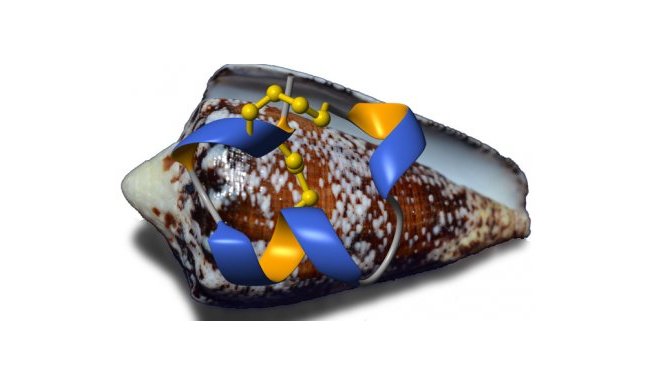
Asian Scientist (Jan. 21, 2014) – Venoms stored for up to 80 years remain biologically active, new research shows.
According to Prof. Bryan Fry, who led the study, venoms are a time-capsule of disappearing biodiversity and hold potential for the discovery of new medicines. The study, published in the Journal of Proteomics, examined 52 venom samples – including rare and historically important venoms.
“The research shows that properly stored venoms remain scientifically useful for decades and that vintage venom collections may be of continuing value in toxin research,” he said.
“Venoms and toxins are a rich source of unexplored compounds which could be used in drug discovery and development.”
Snake venoms have been used to develop drugs such as Captopril, which is used to treat high blood pressure, and Byetta, which is used to treat diabetes and has off-label effectiveness as an anti-obesity drug.
“The venoms of different species have extensive variation so each venom sample is a precious resource which could contain the next wonder-drug,” said Prof. Fry.
“Storing these samples correctly is particularly important as many venomous snake species worldwide are declining and fresh venom may be difficult to come by.”
Venomous animals worldwide are disappearing due to habitat destruction, persecution from activities such as rattlesnake roundups, and the impact of feral animals such as cane toads.
Many venomous snakes have disappeared from large parts of their range or become extinct.
“Collected venoms are an important time-capsule which may one day be used for research, long after the animals themselves have become extinct,” said Prof. Fry.
The article can be found at: Jesupret C et al. (2014) Vintage Venoms: Proteomic And Pharmacological Stability Of Snake Venoms Stored For Up To Eight Decades.
——
Source: University of Queensland; Photo: jonathanflash85/Flickr/CC.
Disclaimer: This article does not necessarily reflect the views of AsianScientist or its staff.












